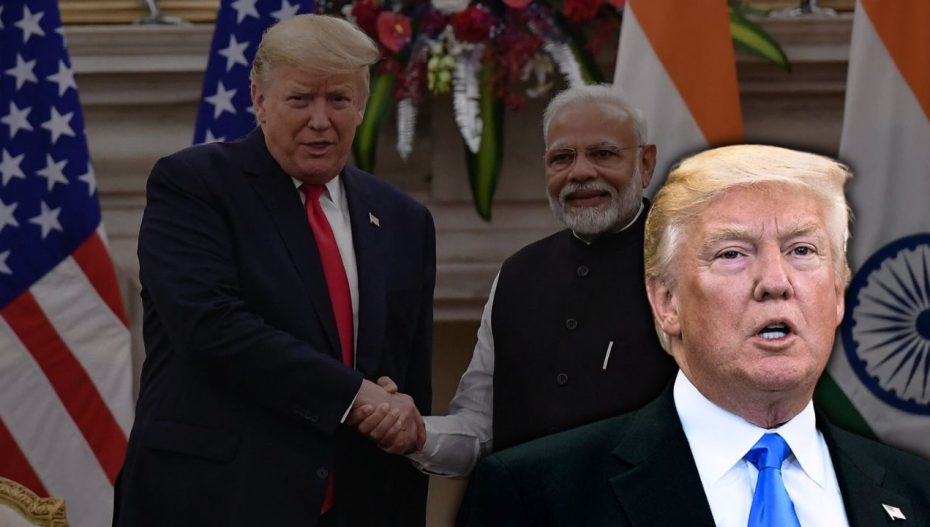US President-elect Donald Trump has reiterated his intention to impose reciprocal taxes on India on Wednesday. Trump, who previously referred to India as the “tariff king,” accused New Delhi of levying “high tariffs” on American-made products.
At a press conference, Trump said, “The word reciprocal is important because if somebody charges us – India, we don’t have to talk about our own – if India charges us 100 per cent, do we charge them nothing for the same? You know, they send in a bicycle and we send them a bicycle. They charge us 100 and 200. India charges a lot. Brazil charges a lot. If they want to charge us, that’s fine, but we’re going to charge them the same thing.”
The US president-elect had earlier threatened to impose 25% tariffs on Canada on his first day in administration if they failed to curb the flow of illegal immigrants and drugs into the US.
During his first term, Donald Trump travelled to India and referred to Prime Minister Narendra Modi as “a friend of mine.”
“India is a very big charger. We have a great relationship with India. I did. And especially the leader, Modi. He’s a great leader. Great man. Really is a great man. He’s brought it together. He’s done a great job. But they probably charge as much,” Trump had said at a campaign rally before his re-election.
Trump increased taxes on Indian steel and aluminium during his first term, which led to retaliatory Indian charges on American goods like apples and almonds. Experts predict that if Trump hits India once again, comparable trade conflicts may develop.
Trump’s “reciprocal trade” strategy may result in increased tariffs for industries like medicines, textiles and automobiles, according to Ajay Srivastava of the Global Trade Research Initiative.
There could be a bright side, though. Trump’s primary emphasis on China may help India fill gaps in industries like manufacturing and textiles if it increases production.
A Shriram Mutual Fund study suggests that India could benefit from substantial export prospects as a result of possible trade disruptions brought on by US President Donald Trump’s planned tariff measures. Trade flows may be redirected by Trump’s proposed tariffs on important trading partners like China, Mexico and Canada, opening doors for India.
Trump’s proposed tariffs, which include 25% on Canada and Mexico and 10% more on China, could disrupt current trade patterns and provide Indian exporters access to these markets, according to the study.
Also Read: Independent Director Compensation Continues to Climb












